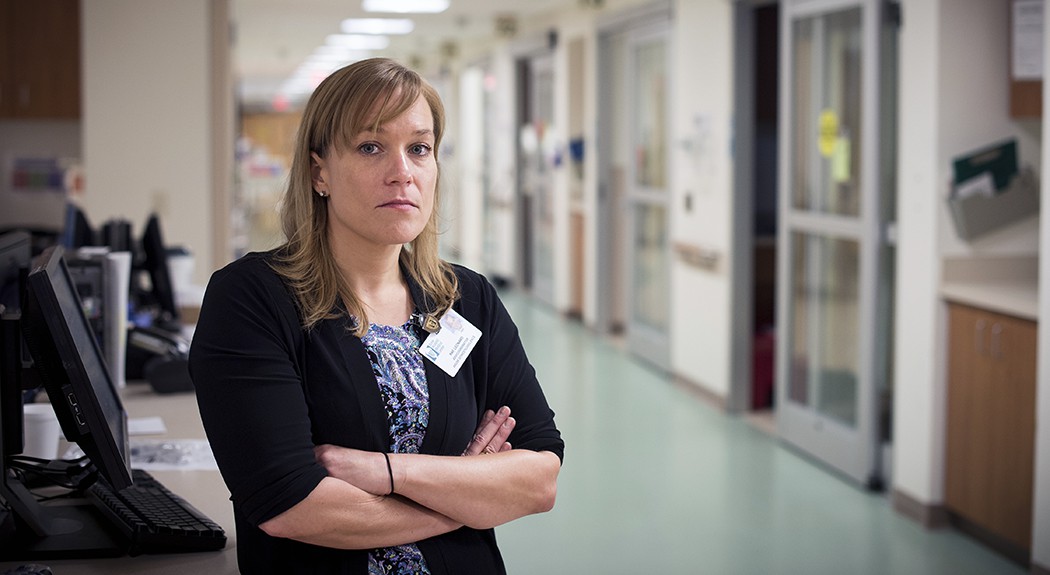When discussing domestic violence, I often hear comments like, “I’m lucky not to know anyone affected by domestic violence,” or “I have never been exposed to anything like that.” Most people are not only surprised to learn domestic violence is not always as obvious as a black eye—a lot of people, in fact, have been exposed in some capacity.
While domestic violence can include physical and sexual violence, the most elusive kind of abuse is emotional abuse. Unlike physical abuse, the people doing it and receiving it may not even be aware it is happening.
Emotional abuse can be more harmful than physical abuse. Even in the most violent families, the incidents tend to be cyclical—a violent outburst, followed by a honeymoon period with remorse and attention that eventually ends, and then the violence starts over again. But with emotional abuse, it happens every day. The effects are more harmful because they’re so frequent. This emotional abuse can happen between a parent and child, husband and wife, among relatives, and between friends.
The other factor that makes emotional abuse so devastating is victims are more likely to blame themselves. When the words directed at you seem subtle—if the abuser says you’re unattractive, fat, dumb or unlovable—it’s easier to assume this is your own doing. But if someone hits you, it’s easier to see that he or she is the problem. It can undercut what we think about ourselves and impair our ability to be our true selves and escape the abuse.
With emotional abuse, the abuser projects their words, attitudes or actions onto an unsuspecting victim. One person controls the other by undermining his or her trust, value, development, or emotional stability, or causes fear or shame by manipulating or exploiting that person.
And it’s not so much about the words used, rather the threatening effects of the behavior by the abuser. The body language, tone and actions by an abuser oftentimes contradict the words. And this is very destructive to the victims.
Warnings signs of abuse can include: decreased interaction with friends and family, constantly receiving phone calls or text messages inquiring about location and activity, seemingly anxious to please the partner, making excuses for partner’s behavior, going along with everything the partner says and does, decreased productivity at work or school, personality changes, lowered self-esteem, and limited access to transportation and money. These signs of abuse are more common and often overlooked.
The support of family and friends can be helpful. But professional counseling will provide the victim with tools to prevent, cope and move on from an abusive situation.
Anne Arundel Medical Center’s Abuse and Domestic Violence Program has professionally trained staff available to help patients, employees and community members.




